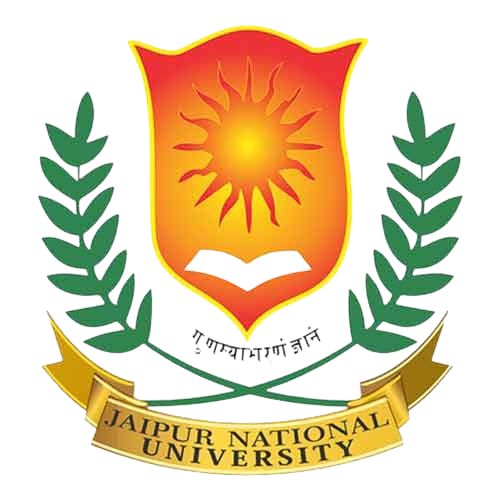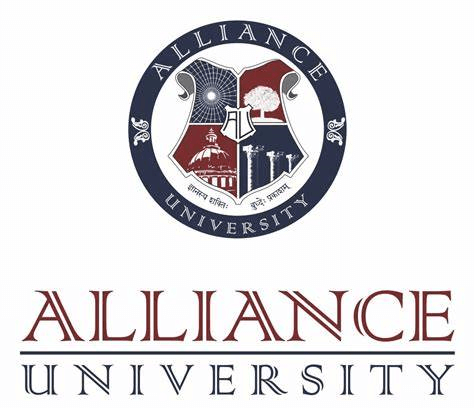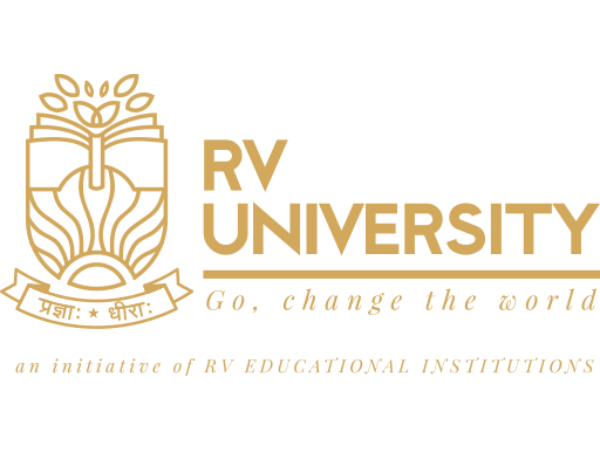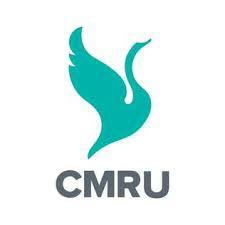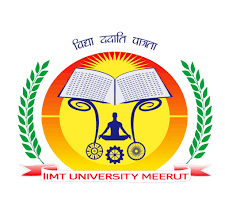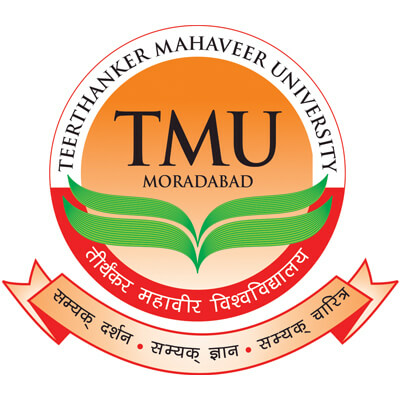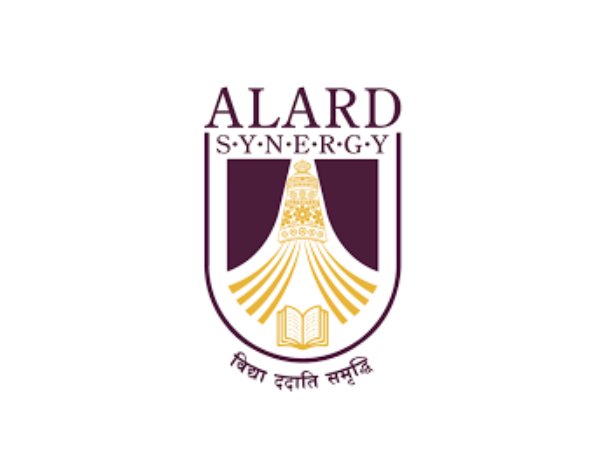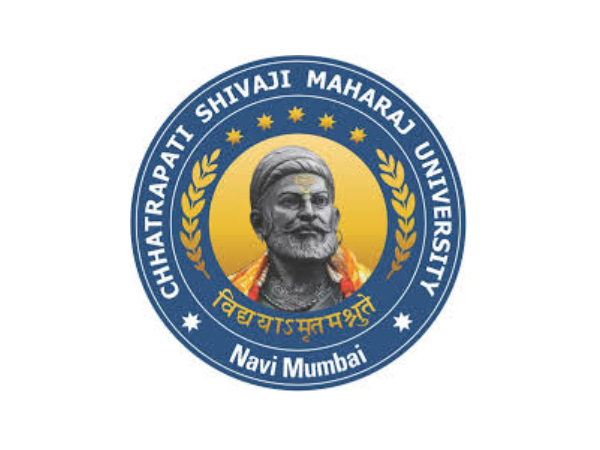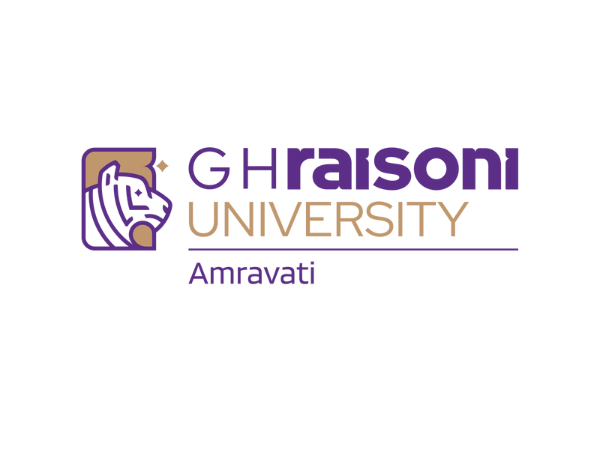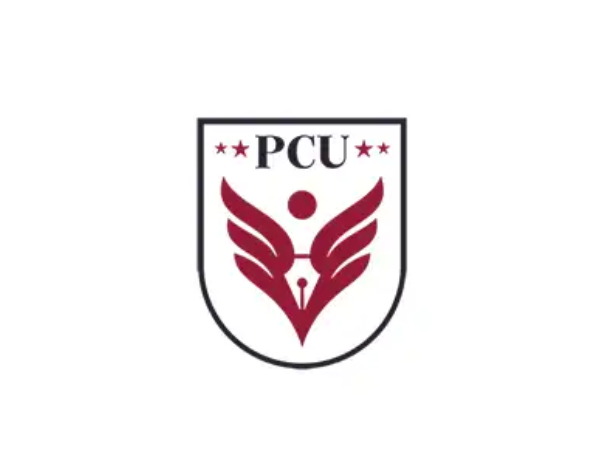Master of Laws - (L.L.M.)
Universities
62
Eligibility
Bachelor of Law
Course Introduction
Master of Laws
The Master of Laws, commonly known as the L.L.M., is an advanced legal education program that offers in-depth knowledge and expertise in various areas of law. It is designed for individuals who have already completed their undergraduate legal studies and wish to further specialize in a specific field of law or gain a broader understanding of legal principles. During the L.L.M. course, students engage in rigorous academic and practical training, which may include coursework, research, and internships. This program not only deepens one's understanding of the law but also enhances critical thinking, legal research, and analytical skills. Whether you aspire to become a legal expert, work in academia, or pursue a career in the corporate world, the L.L.M. course can open doors to exciting opportunities and help you navigate the complexities of the legal world.
Course Overview
The L.L.M. course is an advanced legal studies program that dives deeper into various aspects of the law. It's like taking your knowledge of law to the next level after completing your basic legal studies. During this course, you'll get to choose a specific area of law that interests you the most, such as international law, environmental law, or business law. You'll study advanced topics and gain a better understanding of how the legal system works. You might also have the chance to do some practical work, like internships or research projects. The L.L.M. program is great for people who want to become experts in a specific legal field, work in high-level legal jobs, or even teach law. It's a path to becoming a legal pro and opens up exciting opportunities in the world of law.
Course Eligibility
To pursue an L.L.M. (Master of Laws) course, candidates typically need a Bachelor of Laws (L.L.B.) or an equivalent law degree. Some programs may also consider applicants with relevant professional experience. Additionally, English language proficiency may be required for international students.
Universities
Admission Process
There is an online admissions process available at Online Master of Laws, therefore there is no need to physically visit the campus to apply for admission. There is no entrance exam required to apply for admission to Master of Laws Online because admissions are made directly. The following describes the Master of Laws's admissions process for online courses:
Ask Admission QueryBrowse our diverse range of programs like MBA, BBA, MA, B.COM, Machine Learning, Python and many more...
Fill online application form with accurate.
You get your own education mentor who helps with all your questions about courses, university, colleges and fees. They're there to make things clear and easy for you.
Make your college application faster by sending your documents and paying the registeration fees.
Upon acceptance, pay fees to secure your seat and finalize enrollment
Confirm your class date, seat, enrollment number and get your gift as reward points
Course Subjects
- #International Law
- #Foundations of Law
- #Legal Research and Writing
- #Intellectual Property Law
- #Environmental Law
- #Taxation Law
- #Human Rights Law
- #Corporate and Commercial Law
- #Family Law
- #Criminal Law
Master of Laws's Highlights
1
Specialization
L.L.M. programs allow students to specialize in a particular area of law, such as international law, human rights, taxation, or environmental law. This specialization helps students develop expertise and in-depth knowledge in their chosen field.
2
Advanced Legal Studies
L.L.M. courses offer advanced and challenging legal coursework, enabling students to explore complex legal concepts, engage in critical analysis, and conduct in-depth research on legal issues.
3
Networking Opportunities
L.L.M. programs often attract students and faculty from diverse backgrounds and countries, providing excellent networking opportunities. This global perspective can be valuable for future career prospects in an increasingly interconnected world.
4
Career Advancement
Many individuals pursue an L.L.M. to advance their careers, either by gaining a competitive edge in their current job or by exploring new opportunities. An L.L.M. degree can open doors to higher-paying positions and leadership roles in legal professions.
5
Research and Writing Skills
L.L.M. programs emphasize research and academic writing, helping students develop strong analytical and writing skills. These skills are not only important for legal careers but also for academic pursuits, should students choose to pursue a Ph.D. or teach law in the future.
Master of Laws's Freights
The course fee in Government universities ranges from INR 5000-15000 per annum whereas in private universities or National Law Universities it can range from INR 1 lakh to INR 2 lakh per annum.
Master of Laws's Specialization
L.L.M. specializations include areas like International Law, Intellectual Property Law, Environmental Law, Taxation Law, Human Rights Law, Corporate and Commercial Law, Criminal Law, Family Law, and more. Specializations allow students to focus on specific legal fields during their advanced studies.
- #International Law
- #Taxation Law
- #Environmental Law
- #Intellectual Property Law
- #Human Rights Law
Course Job
- #Legal Practitioner
- #In-House Counsel
- #Academician
- #Government Positions
- #International Organizations
- #Corporate Law
- #Tax Consultants
- #Environmental Law
- #Intellectual Property
Course Types
Offline mode
Offline Master of Laws, courses typically offer full-time, on-campus programs. Students attend classes in physical classrooms, engage in laboratory work, and interact directly with professors and peers. These traditional programs provide hands-on learning experiences and face-to-face interactions, fostering a comprehensive understanding of Legal Practitioner.
Why this Course ?
- Pursuing an L.L.M. the course offers specialized legal knowledge and skills that enhance career prospects. It allows deep exploration of legal areas, opens doors to diverse job opportunities, and provides the expertise needed to excel in the legal field, whether as a practicing lawyer, in-house counsel, academician, or in various other roles.
- Specialization: L.L.M. programs allow you to specialize in a specific area of law, enabling you to deepen your knowledge and expertise in a field that aligns with your interests and career goals.
- Career Advancement: Many professionals pursue an L.L.M. to advance their legal careers. It can open doors to higher-paying positions, leadership roles, and increased job opportunities in both legal practice and other sectors.
- International Opportunities: L.L.M. programs often attract students from diverse backgrounds and countries, providing exposure to international legal perspectives and networking opportunities that can be invaluable in a globalized world.
- Academic Pursuits: If you aspire to become a legal scholar, professor, or researcher, an L.L.M. can be a stepping stone toward a Ph.D. or a career in academia.
- Personal Development: Beyond career benefits, an L.L.M. offers personal growth by honing critical thinking, research, and analytical skills, and fostering a deeper understanding of legal principles and ethics.
Frequently Asked Questions
A 1 : The L.L.M. program, or Master of Laws, is a postgraduate legal education program that offers specialized study in various areas of law, enabling students to deepen their legal expertise, pursue advanced careers, or enter academia.
A 2 : L.L.M. graduates have diverse career prospects, including roles as specialized attorneys, in-house counsel, legal academics, and opportunities in government, international organizations, corporate sectors, and NGOs, depending on their chosen specialization.
A 3 : An L.L.M. program can develop skills in legal research, critical analysis, advanced writing, specialized legal knowledge, negotiation, and a deep understanding of ethical and legal principles, enhancing your expertise and employability in the legal field.
A 4 : An L.L.M. program typically takes one year of full-time study to complete, but part-time and online options may extend the duration to two or more years, depending on the program and student's pace.
A 5 : Transferring credits from a community college to an L.L.M. program is typically challenging due to the substantial differences in academic levels and content. Each institution sets its transfer credit policies, but L.L.M. programs typically require a bachelor's in law or an equivalent degree for admission.

